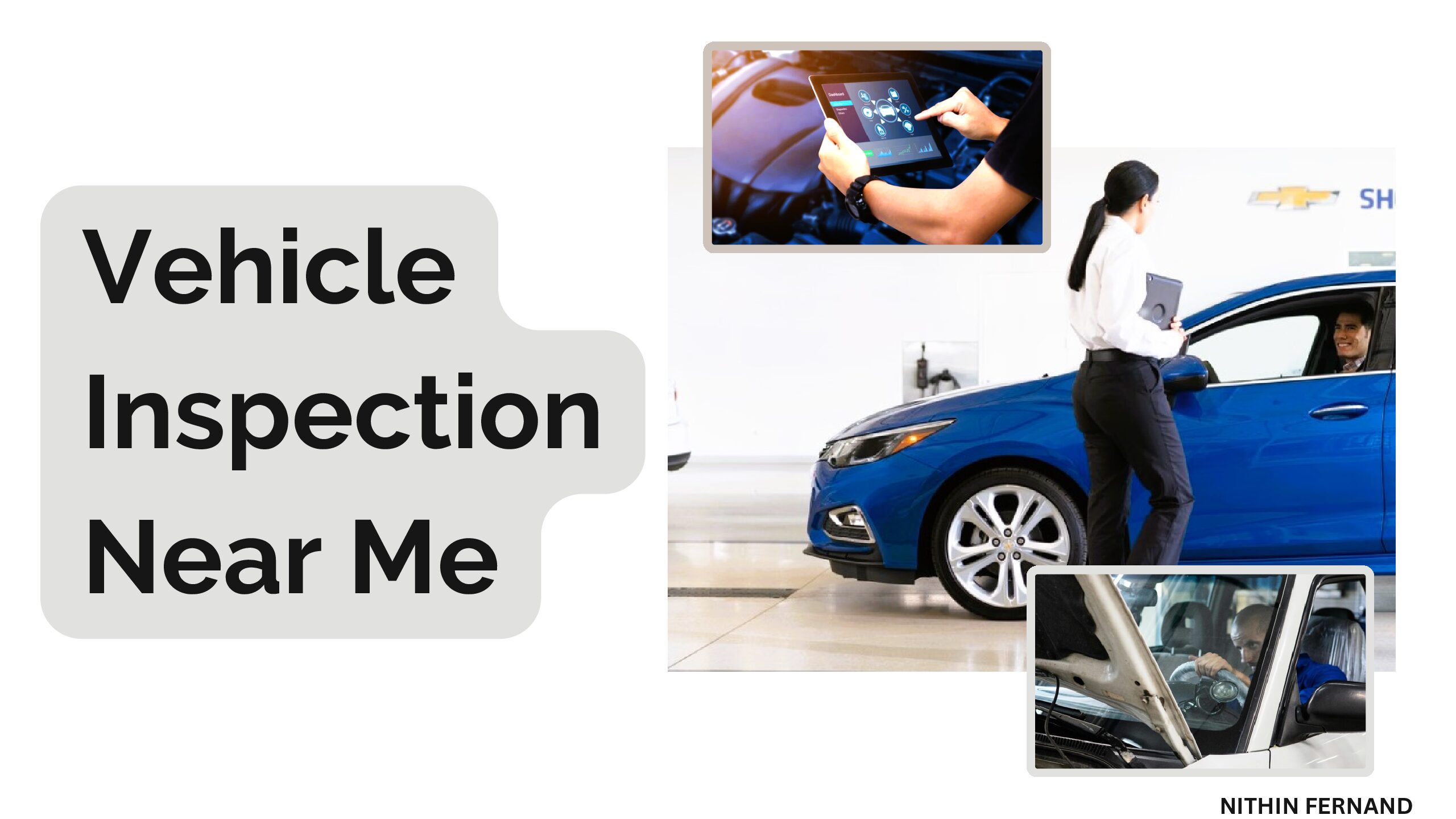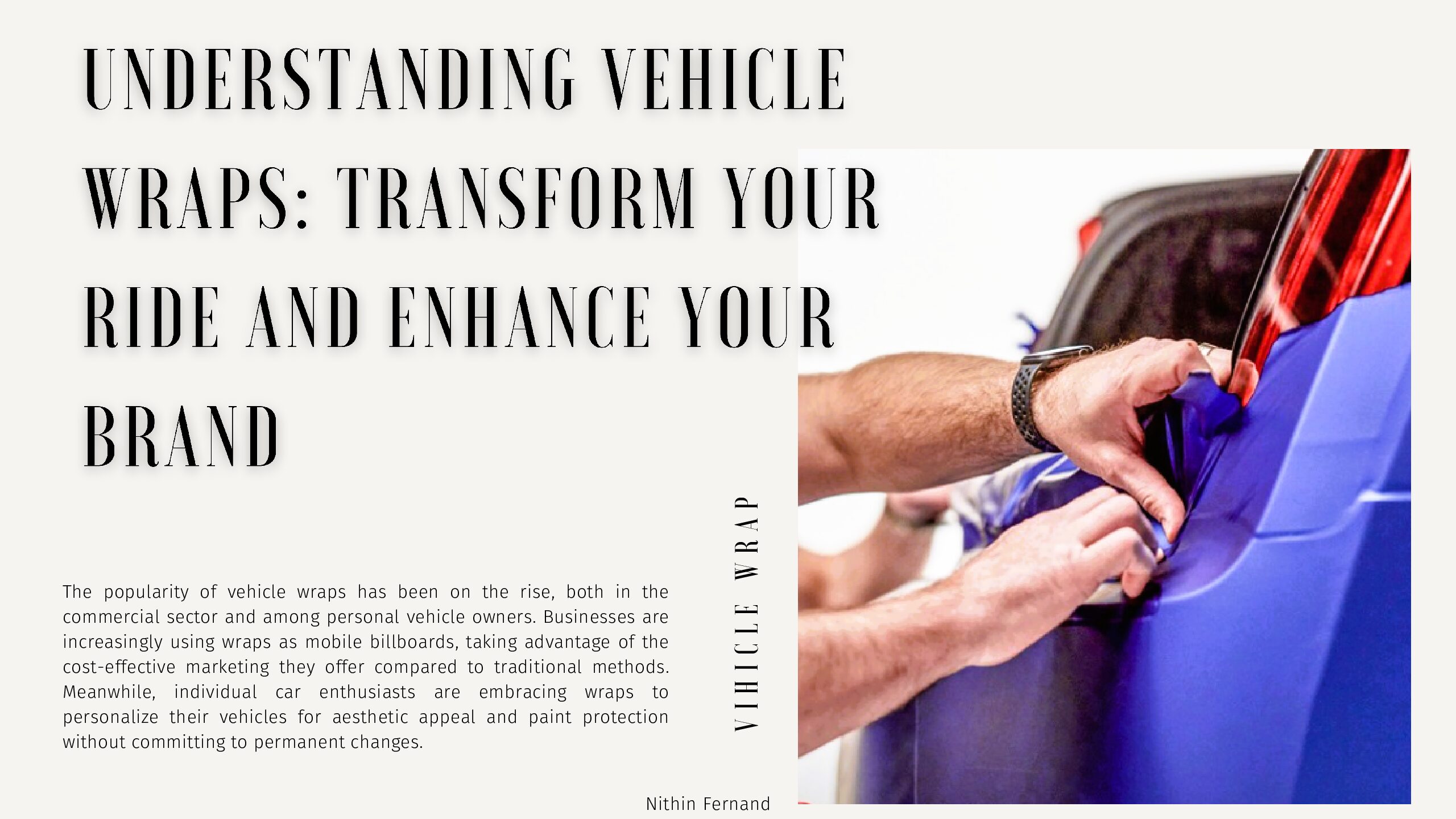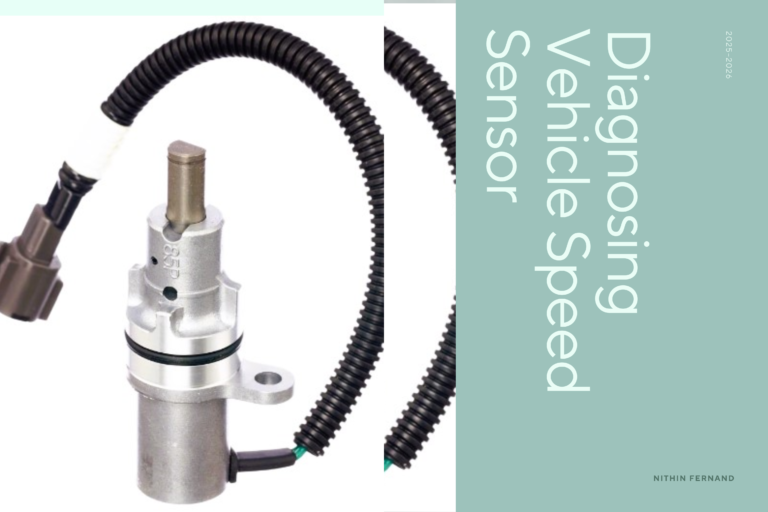Vehicle Inspection Near Me in 2024
Regular vehicle inspections are essential for maintaining safety on the road, identifying potential issues early, and ensuring compliance with legal requirements. They help prevent accidents and costly repairs, protecting both drivers and passengers.
A vehicle inspection involves a comprehensive check of critical components such as brakes, tires, lights, and emissions systems. Inspectors conduct visual assessments, diagnostic tests, and often verify compliance with safety and environmental regulations.
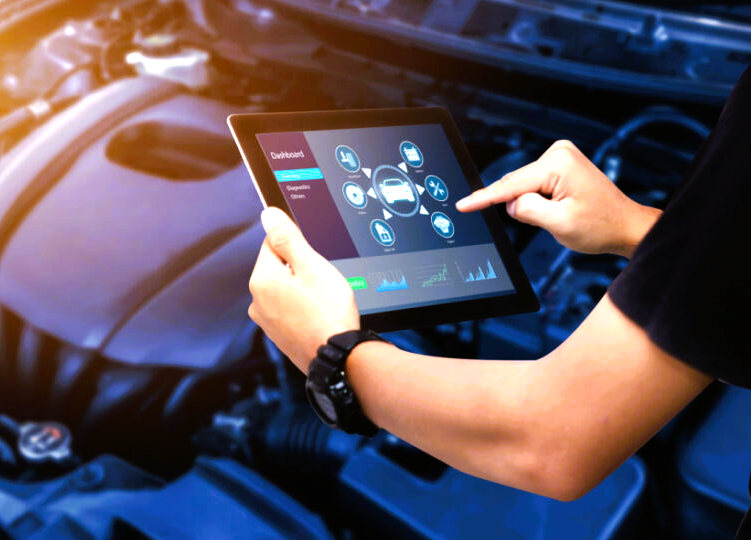
The purpose of this article is to guide readers on how to find reliable vehicle inspection services nearby. It will provide practical tips for locating these services and highlight what to expect during the inspection process.
Table of Contents
Understanding Vehicle Inspection
Definition of Vehicle Inspection
A vehicle inspection is a systematic examination of a vehicle to ensure it meets safety and regulatory standards. Inspections can be conducted by certified professionals who assess various components and systems to keep the vehicle safe and roadworthy.
Types of Inspections
- Safety Inspections
These inspections focus on critical safety features of the vehicle, ensuring that they function properly to protect the driver and passengers. - Emissions Inspections
Emissions inspections check a vehicle’s exhaust system to ensure it complies with environmental regulations. These inspections help reduce pollution and promote cleaner air. - Pre-purchase Inspections
Often conducted before buying a used vehicle, pre-purchase inspections provide potential buyers with a thorough assessment of the vehicle’s condition. This helps buyers make informed decisions and negotiate repairs if necessary.
What Inspectors Check
- Brakes
Inspectors evaluate the braking system for efficiency, ensuring that brake pads, rotors, and fluid levels are within acceptable limits. - Tires
Tire tread depth, wear patterns, and overall condition are checked to ensure proper traction and safety while driving. - Lights
All exterior and interior lights are tested to confirm they are functioning properly, including headlights, taillights, turn signals, and brake lights. - Engine Components
Inspectors assess the engine for leaks, noise, and performance issues, including checks on belts, hoses, and fluid levels. - Exhaust Systems
The exhaust system is inspected for leaks and functionality, ensuring that it effectively reduces harmful emissions and noise.
Why Regular Vehicle Inspections are Necessary
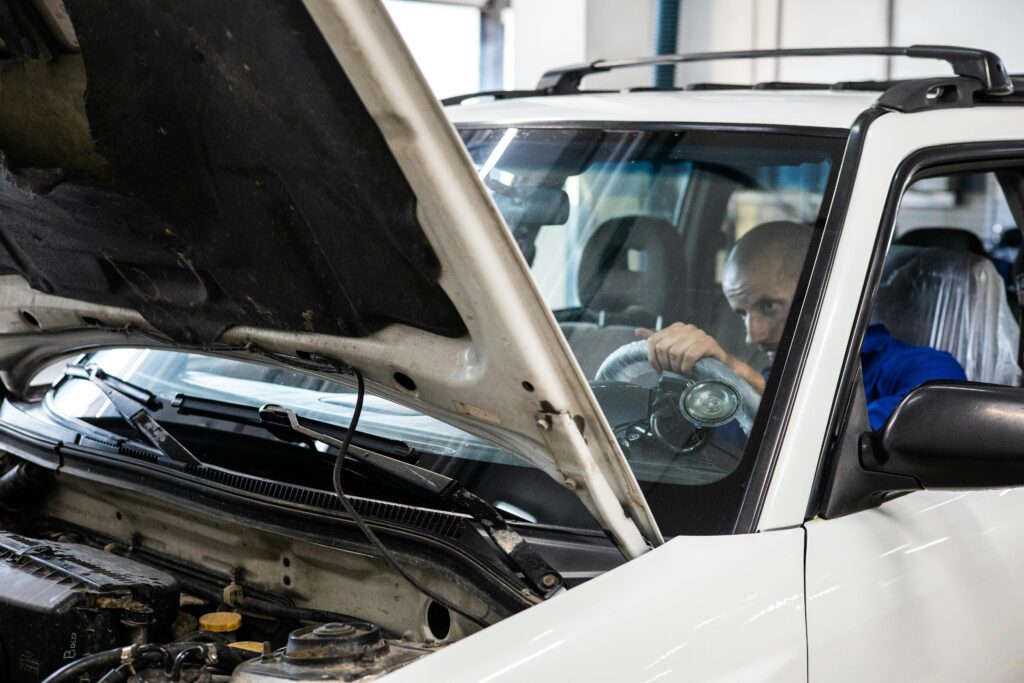
Safety Benefits
Regular vehicle inspections are vital for ensuring the safety of both the driver and passengers. By identifying and addressing potential mechanical issues—such as faulty brakes or worn tires—inspections help prevent accidents and enhance overall road safety.
Environmental Impact
Vehicle inspections play a significant role in reducing harmful emissions. By ensuring that vehicles meet emissions standards, inspections contribute to cleaner air and a healthier environment, minimizing the impact of pollution on communities.
Legal Requirements in Certain States
Many states require periodic vehicle inspections to ensure compliance with safety and environmental regulations. Failing to adhere to these regulations can result in fines or legal penalties, making regular inspections a necessary practice for responsible vehicle ownership.
Preventive Maintenance and Cost Savings
Regular inspections allow for early detection of mechanical issues, which can save drivers significant amounts of money on repairs in the long run. By addressing problems proactively, such as replacing worn brakes or fixing leaks before they worsen, vehicle owners can avoid costly breakdowns and extend the lifespan of their vehicles.
How to Find a Vehicle Inspection Service Near You
Using Online Resources
- Search Engines (Google, Bing)
Begin your search by using search engines. Enter terms like “vehicle inspection near me” or “car inspection services in [your location].” This will yield a list of nearby services along with reviews, ratings, and contact details. - Local Business Directories (Yelp, Yellow Pages)
Utilize local business directories such as Yelp or Yellow Pages. These platforms provide user reviews and ratings, allowing you to evaluate the quality of inspection services based on other customers’ experiences. - Official State Websites
Check your state’s official website for information on licensed vehicle inspection stations. These sites typically provide a list of authorized facilities and crucial details about required inspections.
Apps and Mobile Services for Finding Inspections
Leverage mobile apps that focus on automotive services. Apps like Google Maps or Waze can help you locate nearby inspection services, often including reviews and ratings from other users for added assurance.
Recommendations from Friends and Family
Ask friends, family, or coworkers for their recommendations. Personal referrals can be invaluable in finding trustworthy and reliable vehicle inspection services, helping you make informed choices.
Checking with Local Dealerships or Repair Shops
Reach out to local car dealerships or trusted repair shops. Many dealerships provide inspection services, or they may refer you to reputable inspection locations they trust. Repair shops also often have experience with inspections and can guide you to reliable options.
What to Look for in a Vehicle Inspection Service
Certification and Credentials of Inspectors
When choosing a vehicle inspection service, ensure that the inspectors are certified and have the necessary credentials. Look for certifications from relevant state agencies or automotive organizations, as these indicate that the inspectors are trained and knowledgeable about safety standards and regulations.
Reviews and Ratings from Previous Customers
Customer feedback is invaluable in evaluating an inspection service. Check online reviews and ratings on platforms like Google, Yelp, or local business directories. Positive reviews can indicate a reliable service, while negative feedback may signal potential issues to consider.
Services Offered (Specific Inspections Available)
Different inspection services may offer a variety of inspections. Confirm that the service provides the specific inspections you need, whether they are safety inspections, emissions testing, or pre-purchase inspections. Knowing the range of services available can help you select the most suitable option for your vehicle’s needs.
Pricing Transparency
A reputable inspection service should provide clear and upfront pricing information. Ask for a detailed breakdown of costs associated with the inspection, including any additional fees for specific services. Transparency in pricing can help you avoid unexpected charges and ensure you’re getting good value for your investment.
Convenience (Location, Appointment Availability)
Consider the convenience of the inspection service’s location and its hours of operation. Choose a facility that is easily accessible and offers flexible appointment times to fit your schedule. Some services may also provide walk-in options, which can be beneficial for last-minute inspections.
NITHIN FERNAND
What to Expect During a Vehicle Inspection
Duration of the Inspection Process
The duration of a vehicle inspection can vary based on the type of inspection being conducted and the service’s efficiency. Typically, a standard safety or emissions inspection takes about 30 minutes to an hour. However, more comprehensive inspections, such as pre-purchase inspections, may take several hours as they involve a thorough examination of various vehicle components.
Typical Costs Associated with Inspections
The costs for vehicle inspections can vary widely based on location and the type of inspection. Safety inspections generally range from 20 to 100, while emissions tests may cost between 15 and 50. Pre-purchase inspections, which include a detailed assessment, may range from 100 to 200 or more, depending on the complexity and depth of the inspection. It’s advisable to inquire about pricing beforehand to avoid surprises.
Points of Information to Gather from Inspectors (Reports, Paperwork)
After the inspection, request a comprehensive report outlining the findings. This report should include details on areas inspected, any issues identified, and recommendations for repairs. Additionally, make sure to ask about any necessary documentation, such as certification for passed inspections or records of any repairs suggested.
Post-inspection Recommendations and Repairs
Following the inspection, the inspector or service may provide recommendations for repairs or maintenance based on their findings. Pay attention to urgent issues that require immediate action versus those that can be addressed later. This feedback is crucial for ensuring the vehicle is safe and operational, and it can help you prioritize repairs based on your budget and timeline.
Conclusion
Vehicle inspections are essential for ensuring the safety, performance, and environmental compliance of your vehicle. Regular inspections help identify potential issues before they become major problems, protecting not only your investment but also your safety on the road.
Finding a reliable vehicle inspection service is crucial for receiving thorough and accurate assessments. Take the time to research and choose a certified provider who meets your specific needs. With the right inspection service, you can drive confidently, knowing your vehicle is in optimal condition.
Don’t wait until it’s too late! Schedule your vehicle inspection today to ensure your car is safe and compliant. Whether you need a safety check, emissions testing, or a pre-purchase evaluation, getting an inspection is a proactive step toward responsible vehicle ownership.
Additional Resources
Links to State-Specific Inspection Requirements
Understanding the specific requirements for vehicle inspections in your state is crucial. Here are some helpful links to guide you:
- National Highway Traffic Safety Administration (NHTSA): This site provides information on safety standards and inspection regulations.
- State-by-State Vehicle Inspection Requirements: The AAA website offers links to each state’s vehicle inspection requirements, including frequency and types of inspections needed.
- [Your State’s Department of Motor Vehicles (DMV)]: Visit your local DMV website for detailed information regarding vehicle inspections, including laws and procedures unique to your state.
Contact Information for Local Inspection Services (If Applicable)
While specific contact details can vary by location, consider searching through local business directories like Yelp or Google Maps for listings of nearby vehicle inspection services. Alternatively, you can also check your state’s DMV website for recommended facilities.
Call to Action
Encourage Readers to Share Their Experiences with Vehicle Inspections
We’d love to hear from you! Sharing your experiences with vehicle inspections can help others make informed decisions. Whether you’ve had a positive experience with a local inspection service or encountered challenges, your insights can provide valuable guidance to fellow vehicle owners. Please take a moment to share your story in the comments below or join the conversation on social media.
Provide an Opportunity for Readers to Ask Questions or Seek Further Information
If you have any questions about vehicle inspections or need further information, don’t hesitate to reach out! Feel free to leave your questions in the comments section, and we’ll do our best to provide you with the answers you need. You can also contact your local inspection service or research online resources for additional assistance. Remember, being informed is key to ensuring your vehicle’s safety and reliability!
FAQs About Vehicle Inspections
For further understanding of vehicle inspections, here are some frequently asked questions:
- How often do I need to get my vehicle inspected?
Most states require annual or biennial inspections, but this can vary based on your vehicle’s age and type. - What happens if my vehicle fails an inspection?
If your vehicle fails, the inspection service will provide a report detailing the necessary repairs. You’ll need to address these issues and may need to have a re-inspection. - Can I drive my vehicle if it’s due for an inspection?
Driving your vehicle without a valid inspection may be illegal, depending on state regulations. It’s best to check local laws to avoid fines. - What should I bring to the inspection?
Typically, you should bring your vehicle registration, proof of insurance, and any necessary fees. Check with your inspection service for any additional requirements.

